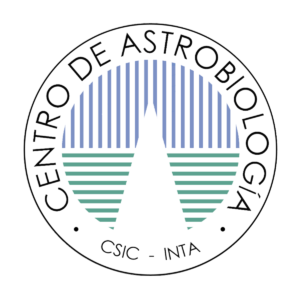Puentes Sánchez, F., Olsson, S., Aguilera, A. 2016. Comparative Transcriptomic Analysis of the Response of Dunaliella acidophila (Chlorophyta) to Short-Term Cadmium and Chronic Natural Metal-Rich Water Exposures. Microbial Ecology 72, 3, 595-607, DOI: 10.1007/s00248-016-0824-7
Heavy metals are toxic compounds known to cause multiple and severe cellular damage. However, acidophilic extremophiles are able to cope with very high concentrations of heavy metals. This study investigated the stress response under natural environmental heavy metal concentrations in an acidophilic Dunaliella acidophila. We employed Illumina sequencing for a de novo transcriptome assembly and to identify changes in response to high cadmium concentrations and natural metal-rich water. The photosynthetic performance was also estimated by pulse amplitude-modulated (PAM) fluorescence. Transcriptomic analysis highlights a number of processes mainly related to a high constitutive expression of genes involved in oxidative stress and response to reactive oxygen species (ROS), even in the absence of heavy metals. Photosynthetic activity seems to be unaltered under short-term exposition to Cd and chronic exposure to natural metal-rich water, probably due to an increase in the synthesis of structural photosynthetic components preserving their functional integrity. An overrepresentation of Gene Ontology (GO) terms related to metabolic activities, transcription, and proteosomal catabolic process was observed when D. acidophila grew under chronic exposure to natural metal-rich water. GO terms involved in carbohydrate metabolic process, reticulum endoplasmic and Golgi bodies, were also specifically overrepresented in natural metal-rich water library suggesting an endoplasmic reticulum stress response.






